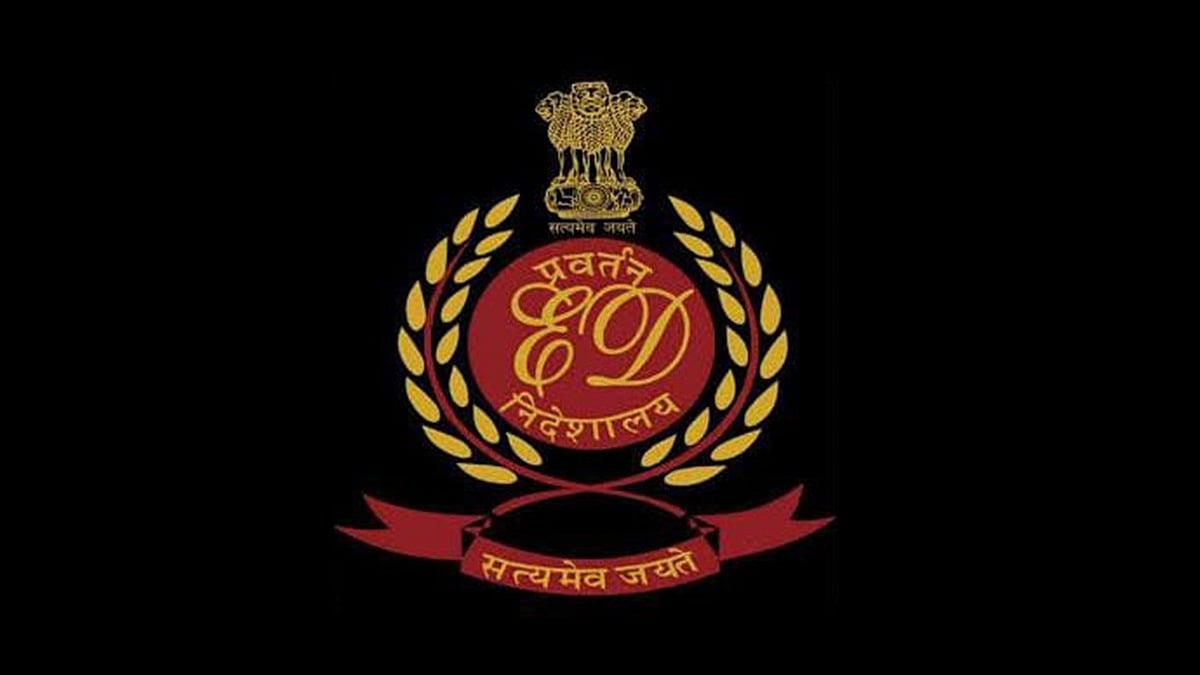To live a good life is everyone’s desire. However, various factors over the years have caused worldwide concern about sustainability and a review of the way we live. If there was still any doubt left then it has been washed away by the pandemic. Today, irrespective of location or any other considerations, people are of the opinion that health, wellness and sustainable living are the top priorities for all.
As responsible and ethical businesses, sustainability-oriented D2C brands in India have been making innovative and tech-driven efforts to help people in living healthy and sustainably. These brands offer significant reductions in carbon footprint, greenhouse gas emissions, and other forms of air, water and soil pollution through their green products. For instance, animal farming for food is one of the biggest causes of greenhouse gas emissions in the world. Similarly, a lot of potable water is also wasted by this industry as well as various other unsustainable manufacturing practices across food, beverages and fashion segments.
By offering solutions such as completely plant-based nutrition and wellness products, fashion that is environmentally sustainable, or reducing plastic consumption, D2C sector players ensure that a healthier alternative is offered to consumers. However, for these sustainable industry players to grow and contribute more to healthier nation building, various specific budgetary expectations need to be fulfilled by the government in Union Budget 2022. Let’s take a look at some of them.
PLI scheme for green brands
The government has taken several steps, policy initiatives and reforms to boost the electric mobility and renewable energy generation sectors. Production-Linked-Incentives (PLI) schemes, subsidies and other benefits are offered to companies in these sectors. It would be appropriate to offer similar PLI schemes, subsidies or financial support to sustainable D2C startups in India. If a company is actively helping the cause of sustainability and wellness then it should be given a stimulus similar to an EV manufacturer or a solar/wind power plant.
Taxation support
Many of the nutrition, wellness and sustainable lifestyle products get levied under luxury or lifestyle goods in the GST. If they are rightly segmented as daily need products or essential supplies then the taxes could be lowered, making them more affordable for the public. Incentives and tax benefits should also be offered to the green brands to set up businesses that reduce carbon footprint. Funding for research and development facilities and green logistics should also be provided to the sustainable sector D2C brands.
Encouraging domestic investments
One of the most impactful strategies would be to encourage domestic investors to provide funding to such D2C startups. Those who invest in green startups can be offered tax exemptions or incentives to do so. This would significantly drive investments into the sector and lead to greater contribution of sustainable brands to the overall GDP. Today, India is on its way to becoming a $5-trillion economy in the next few years, and the sustainable D2C sector can play an important role in getting their faster and healthier. Some of the segments that can be given such support include companies that operate in green and safe food and beverages, nutraceuticals, plant-based nutrition supplements, energy efficiency, usage of recycled materials, water conservation, improvement of indoor air quality and organic farming etc.
Infrastructure and production support
Reducing the cost of machinery used by the sustainable sector, making import-export policies more trade friendly, and offering greater ease-of-doing-business measures are also urgently needed. There is a need to allocate additional funds for specialized activities such as cold storage and logistics support for D2C brands. Offering incentives for enhancing recyclability of goods and packaging materials is another step that can significantly bring down the volumes of waste that are dumped into the landfills every year.
In our quest for national growth, sustainability must be a crucial component. By taking budgetary measures for supporting the D2C ecosystem, the Government of India can contribute to the building of a healthier and financially better India!
(The writer is Co-Founder, Plix-D2C plant-based nutritional startup)










